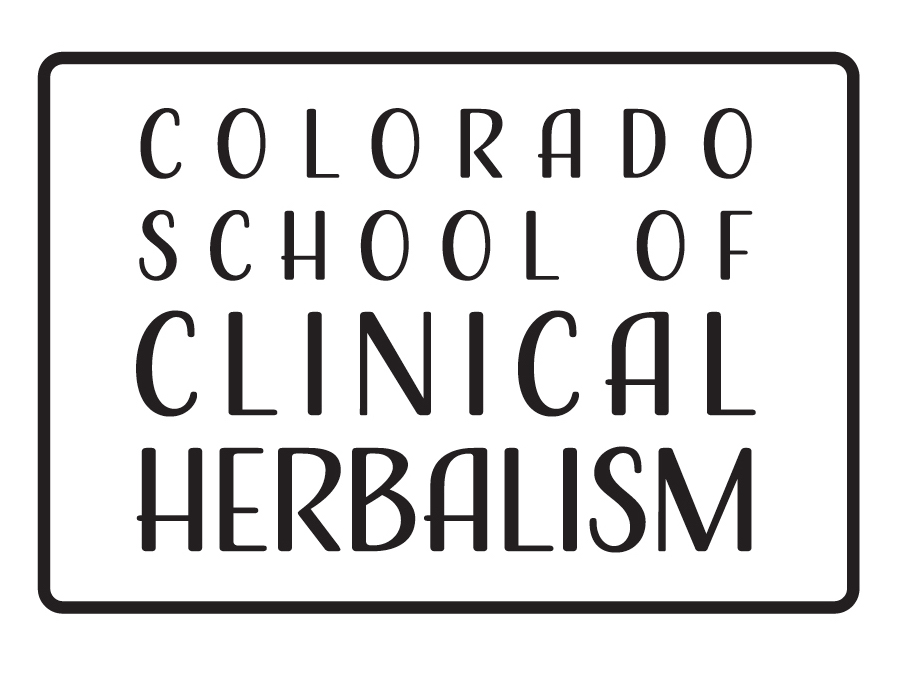
We all know those moments when a sick child or loved one wakes up in the middle of the night and we have no cold medicine in the house. We have all lived that panicked moment when we have no idea what to do. Fortunately, there is so much you can do without even having to leave your house.
Below are some simple kitchen herbs that will make all the difference. Would you believe Rosemary does more than just flavor your chicken? Today these herbs are a common commodity in our grocery stores and on our shelves at home. We simply throw a little oregano in our pasta and call it good.
Maybe we would spend more time with these little flavor enhancers if we knew everything they can do for us. Kitchen herbs can be used for many remedies such as herbal teas, steams, and soothing baths.
Common Kitchen Herbs for Teas:
Herbal teas can be a wonderful way to help your child with a cough, and they are not that difficult to make. Here are some examples of some simple kitchen herbs that can be used in a tea together or by themselves:
Cinnamon: (Cinnamomum verum) Cinnamon is a gastrointestinal tonic that is aromatic, antibacterial, antifungal, and antioxidant. It is helpful for creating a moist coating for the body’s mucus membranes. Useful for dry, painful coughs or digestive upset.
Thyme: (Thymus vulgaris) Thyme is an aromatic expectorant, antispasmodic, anti-inflammatory, antibacterial, antiviral plant. It is helpful for stomach upset and inflammation of the bronchioles.
Rosemary: (Rosmarinus officinalis) Rosemary is a bitter, antioxidant, anti-inflammatory, antimicrobial, and neurocirculatory stimulant. It is used for its ability to help with loss of appetite, gas, and bloating.
Oregano: (Origanum vulgare) Oregano has a wide range of uses; it is an aromatic, antibacterial, antifungal, expectorant, antioxidant, anti-inflammatory, and antispasmodic herb. It is helpful for illnesses with phlegm in the lungs or upper respiratory tract. It helps with spastic coughs and with yellow mucus associated with secondary respiratory infections.
Ginger: (Zingiber officinale) Ginger is an aromatic gastrointestinal tonic. It is an extremely warming, and dry herb and is specific for those who are suffering from gastrointestinal upset. Ginger has a wide range of effects including being an anti-inflammatory, antibacterial, antifungal, and pain relieving herb. It also has similar effects to those of NSAIDS (non-steroidal anti-inflammatory drugs).
Herbal Steaming:
Did your mother ever put a towel over your head and have you breathe in hot steam from the teakettle? She was warming your mucus membranes and using the moisture to break up any congestion in your chest. If you add rosemary, thyme, oregano, and ginger to this mix, then you are getting the volatile oils from these plants, as well as warming anti-microbial actions on your mucus membranes. You are not only preventing the possibility of further infection, but also helping your lungs clear what is currently ailing them.
Herbal Baths:
What do you do when your child comes in from a day of playing outside and they have a rash on their body? Or they have a hard time relaxing and calming down? An herbal bath can be extremely helpful for this situation. Again, mixing those simple kitchen herbs in a little bundle of cloth and placing it in the bathtub can create a soothing and calming environment for your child.
A Reminder and Overview:
Overall, I believe we should remember that even the most simple of herbs can be of extreme service in dealing with various ailments. These little allies that have been around for so long are still as useful as they have ever been, and they are just sitting in the spice rack in our kitchen. Whether you are a mother, father, or just want to help yourself when you don’t want to go to the store and buy something, these plants are always there to help!
Sources:
Gazmend Skenderi, “Herbal Vade Mecum”: Materia Medica
Dr. Sharol Marie Tilgner, “Herbal Medicine, from the heart of the Earth”.
mamarosemary.com/herbs-for-kids
wellnessmama.com/1499/natural-remedies-for-illness
The information contained in this article is not a substitute for the medical care of a licensed healthcare professional. Any health concerns should be discussed with your primary care provider.
